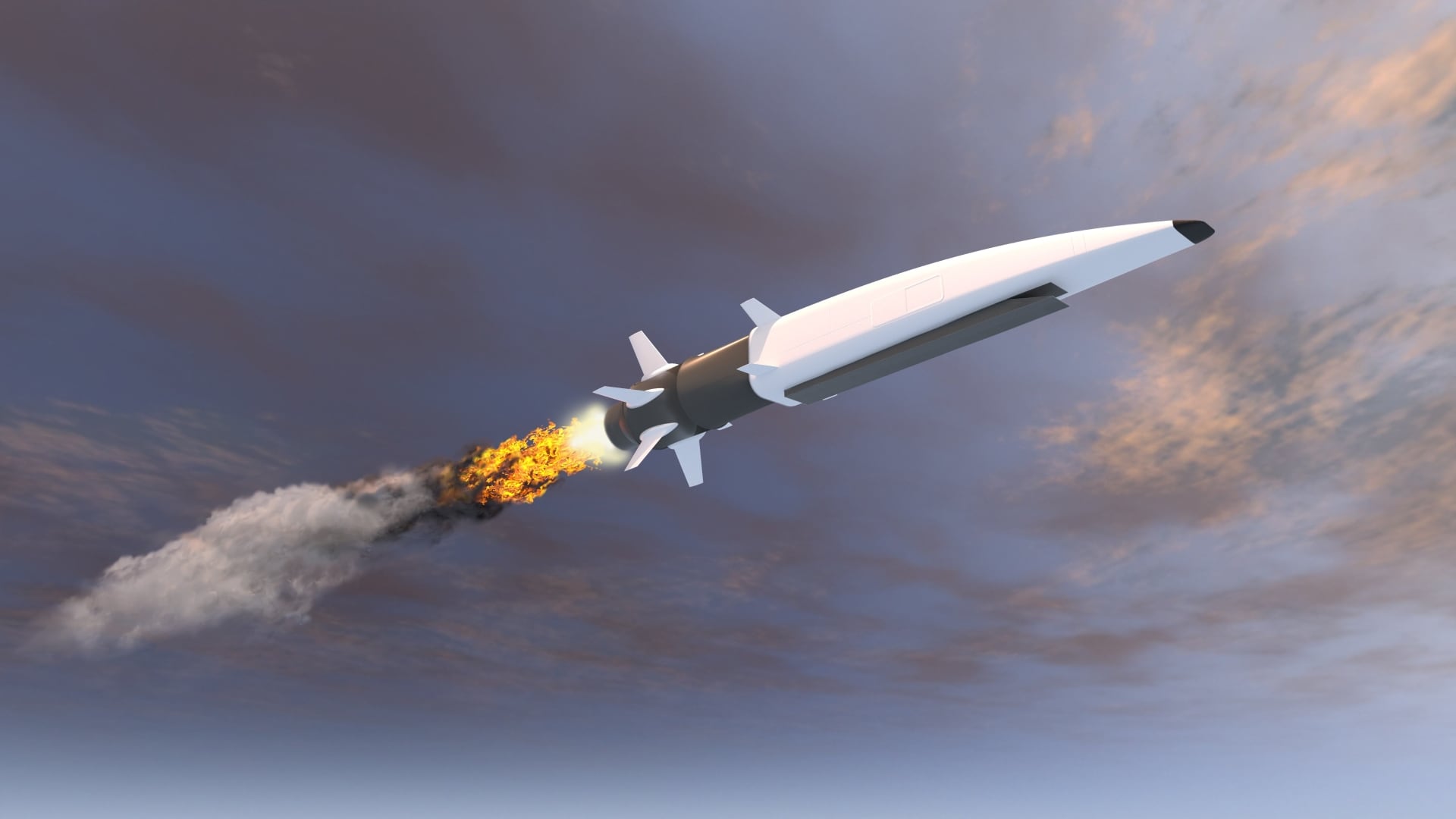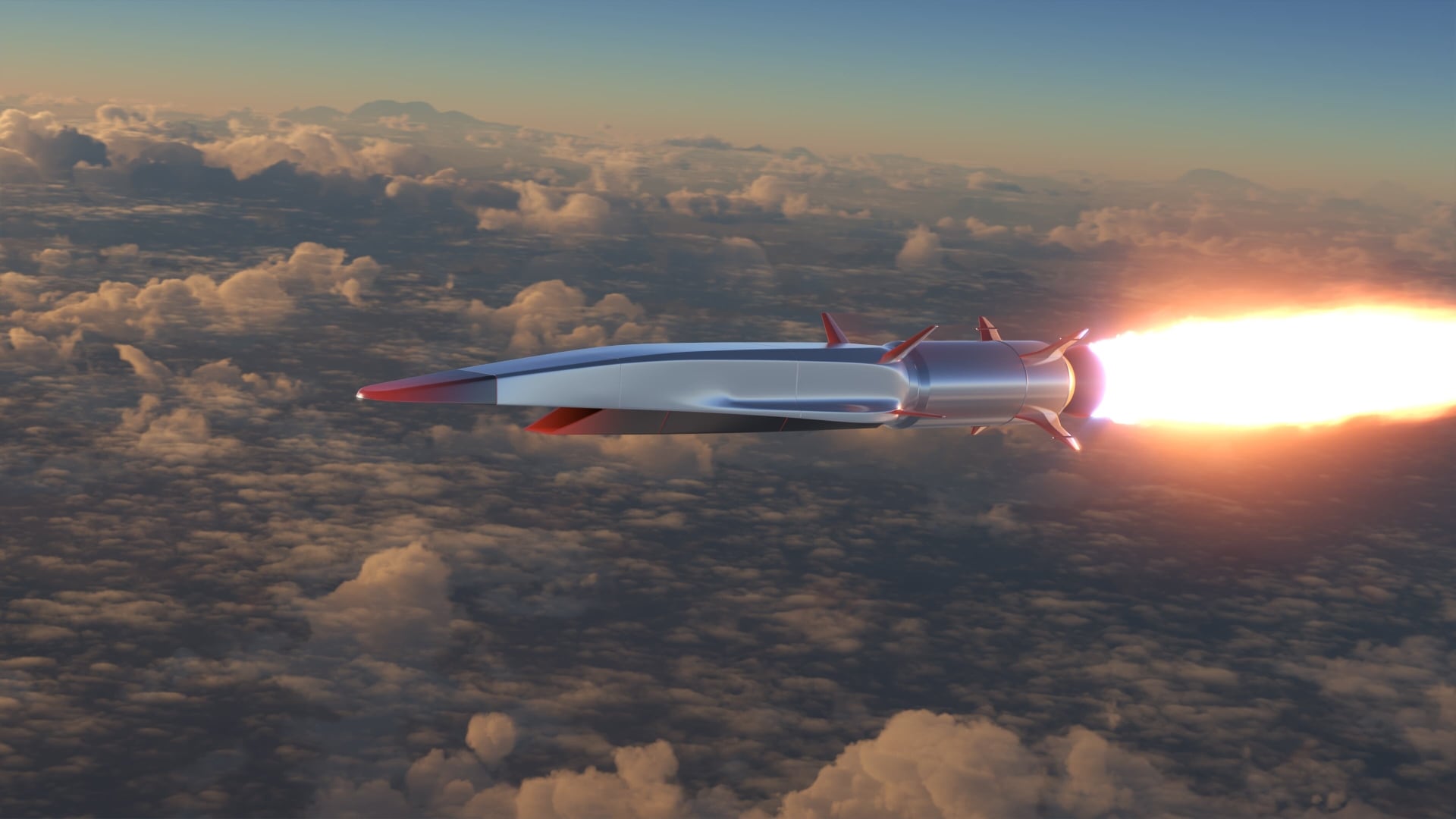WASHINGTON — Boeing and Northrop Grumman are the two companies that will move on to the next phase of the Air Force’s intercontinental ballistic missile replacement program, the service announced Aug. 21 after awarding two contracts, each with a $359 million price ceiling.
That means Lockheed Martin, the third defense prime that vied for the Ground Based Strategic Deterrent contract, is now out of the running.
“We are moving forward with modernization of the ground-based leg of the nuclear triad,” Air Force Secretary Heather Wilson said in a statement. “Our missiles were built in the 1970s. Things just wear out, and it becomes more expensive to maintain them than to replace them. We need to cost-effectively modernize.”
According to the contract announcement, the Air Force has awarded $349 million to Boeing and $328 million to Northrop for technology maturation and risk reduction activities that will be ongoing for the next 36 months. During that time, companies expect the Air Force to cement its final requirements, including on aspects of the design that are still in flux, like whether to fund a mobile command and control element for the new ICBMs.
RELATED
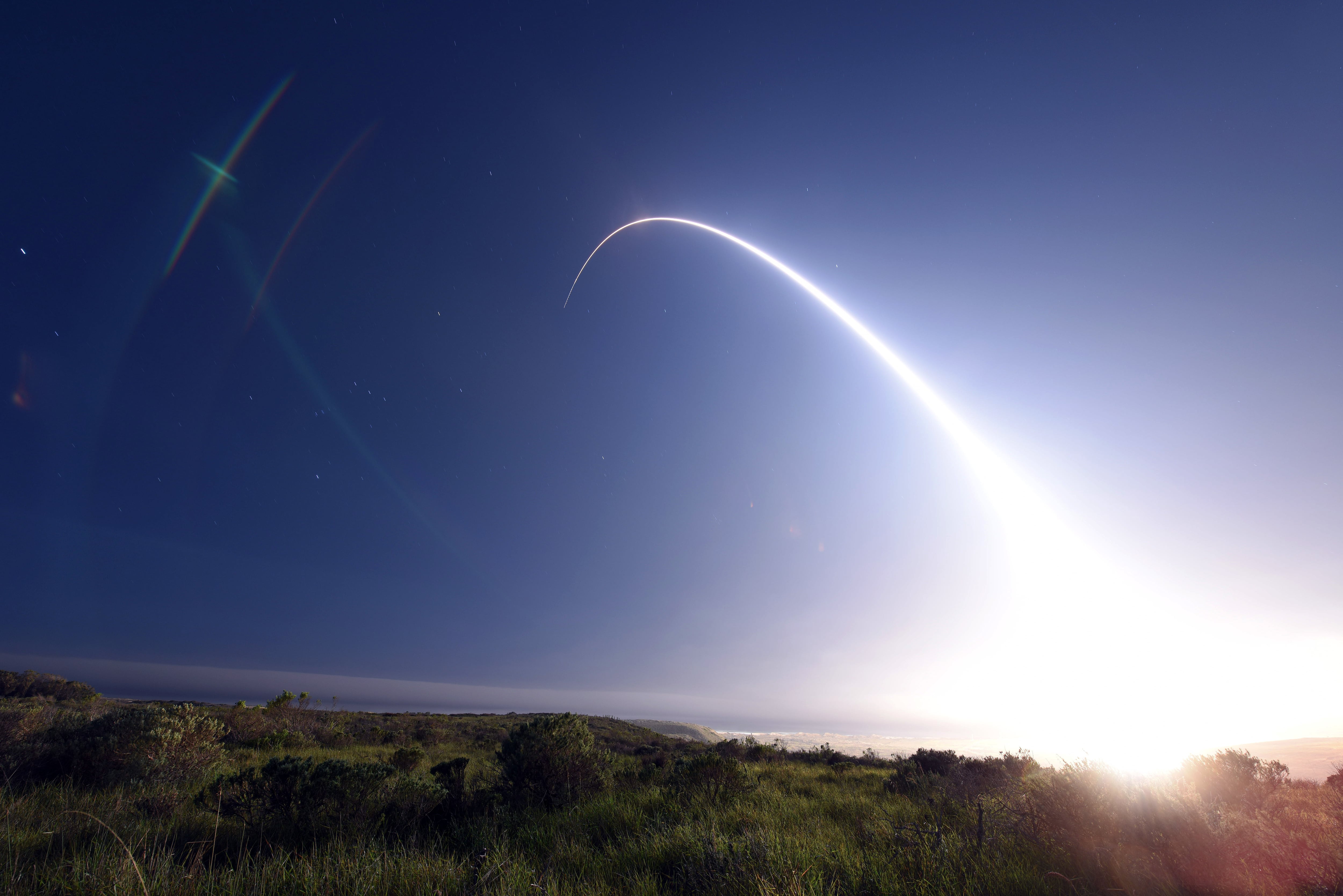
Then, the service will downselect to a single vendor in fiscal year 2020 for the engineering, manufacturing and design phase. Initial operational capability is expected sometime in the late 2020s.
In a statement, Lockheed left the door open on whether it will protest the award, stating that it will determine its next steps following an Air Force briefing on its decision.
“We are disappointed with the outcome of the Ground Based Strategic Deterrent competition, and we look forward to a debrief about the selection with the Air Force,” spokeswoman Sydney Owens said. “We are confident our proposal delivered an affordable GBSD solution that meets all mission requirements. We remain fully committed to supporting the Air Force on our existing strategic deterrence programs.”
Boeing and Northrop immediately put out statements hailing the contract announcement.
“We look forward to the opportunity to provide the nation with a modern strategic deterrent system that is secure, resilient and affordable,” said Wes Bush, Northrop’s president and CEO. “As a trusted partner and technical integrator for the Air Force’s ICBM systems for more than 60 years, we are proud to continue our work to protect and defend our nation through its strategic deterrent capabilities.”
Boeing spokesman Jerry Drelling said the company is ready to start the next phase of the program.
“The Air Force’s decision reflects confidence in our design solution, experience, expertise and innovative approach,” he said. “We are honored to continue our long-standing partnership with the Air Force to provide an affordable, low-risk intercontinental ballistic missile (ICBM) system solution. Boeing’s GBSD concept will put the Air Force on track to field a new ICBM in the next decade, an ICBM with unmatched strategic deterrence capability.”
With the Air Force’s next bomber, fighter and tanker contracts all already spoken for, GBSD is one of the service’s largest ongoing opportunities and is estimated to cost anywhere from $62 billion to $100 billion depending on which entity is doing the assessment.
Because of that, Lockheed, Northrop and Boeing have remained quiet throughout the duration of the competition, with the two later firms almost completely silent.
Of the three, Lockheed had been the only vendor who disclosed its key partners: General Dynamics for command and control systems; Draper Laboratories for development of the guidance navigation and control systems; Moog for its cross-vector control systems; and Bechtel for launch facility expertise.
RELATED
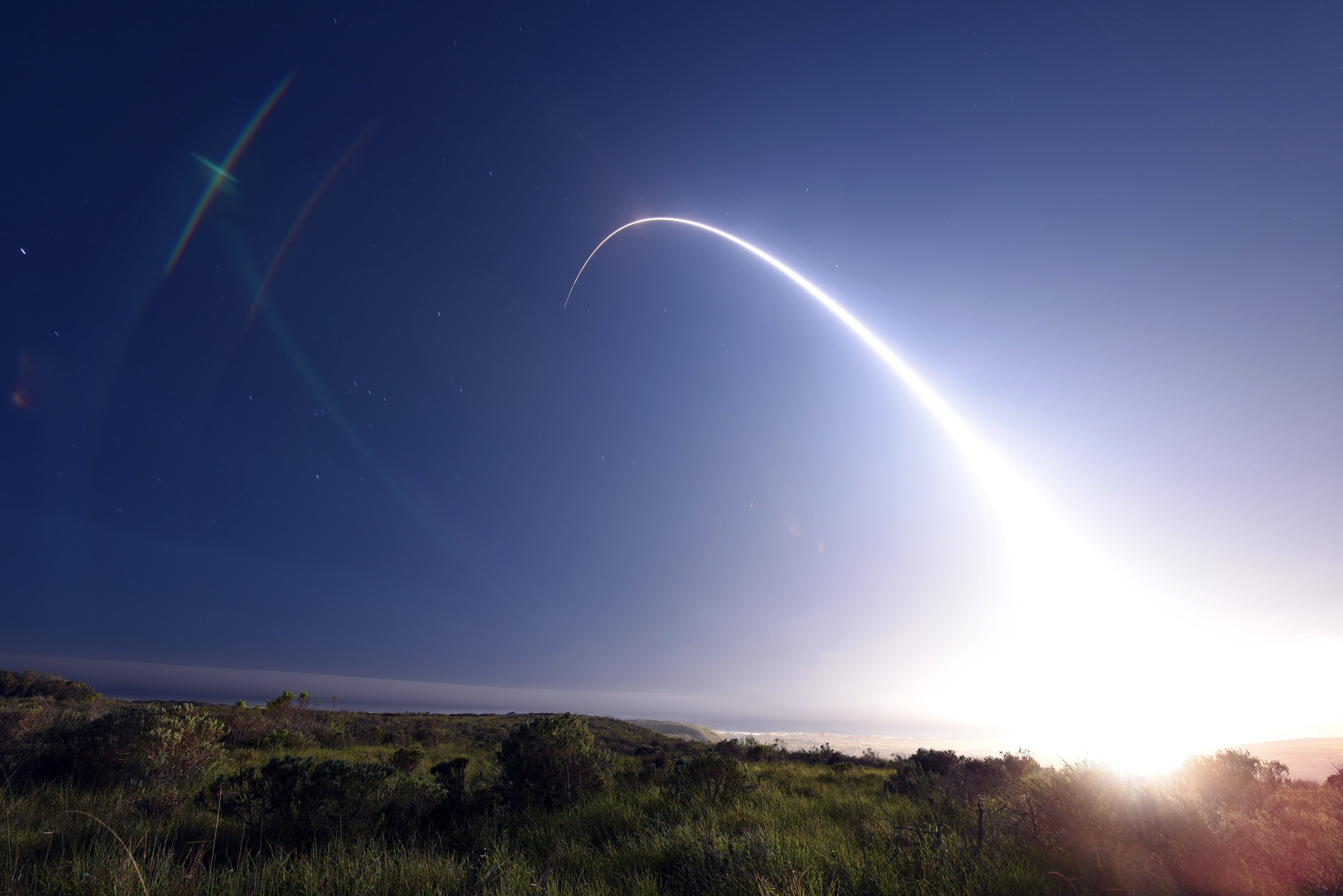
RELATED

Lockheed had also stated its plans to work with both Orbital ATK and Aerojet Rocketdyne on propulsion systems during the early stages of the program, with a final decision on its engine provider to be determined later in the program. However, it’s worth nothing that because Orbital and Aerojet are the only two defense companies that make solid propellant rocket motors, it is likely that Boeing and Northrop also have plans to work with those companies.
GBSD is one of the Air Force’s longterm efforts to modernize its legs of the nuclear triad, and keeping costs down will be critical to keeping the program afloat as the service balances it with other procurement priorities. The Air Force has estimated GBSD will cost $62.3 billion, but the Pentagon’s office of Cost Assessment and Program Evaluation, or CAPE, reportedly believes it will be significantly higher: anywhere from $85 billion to $100 billion.
RELATED
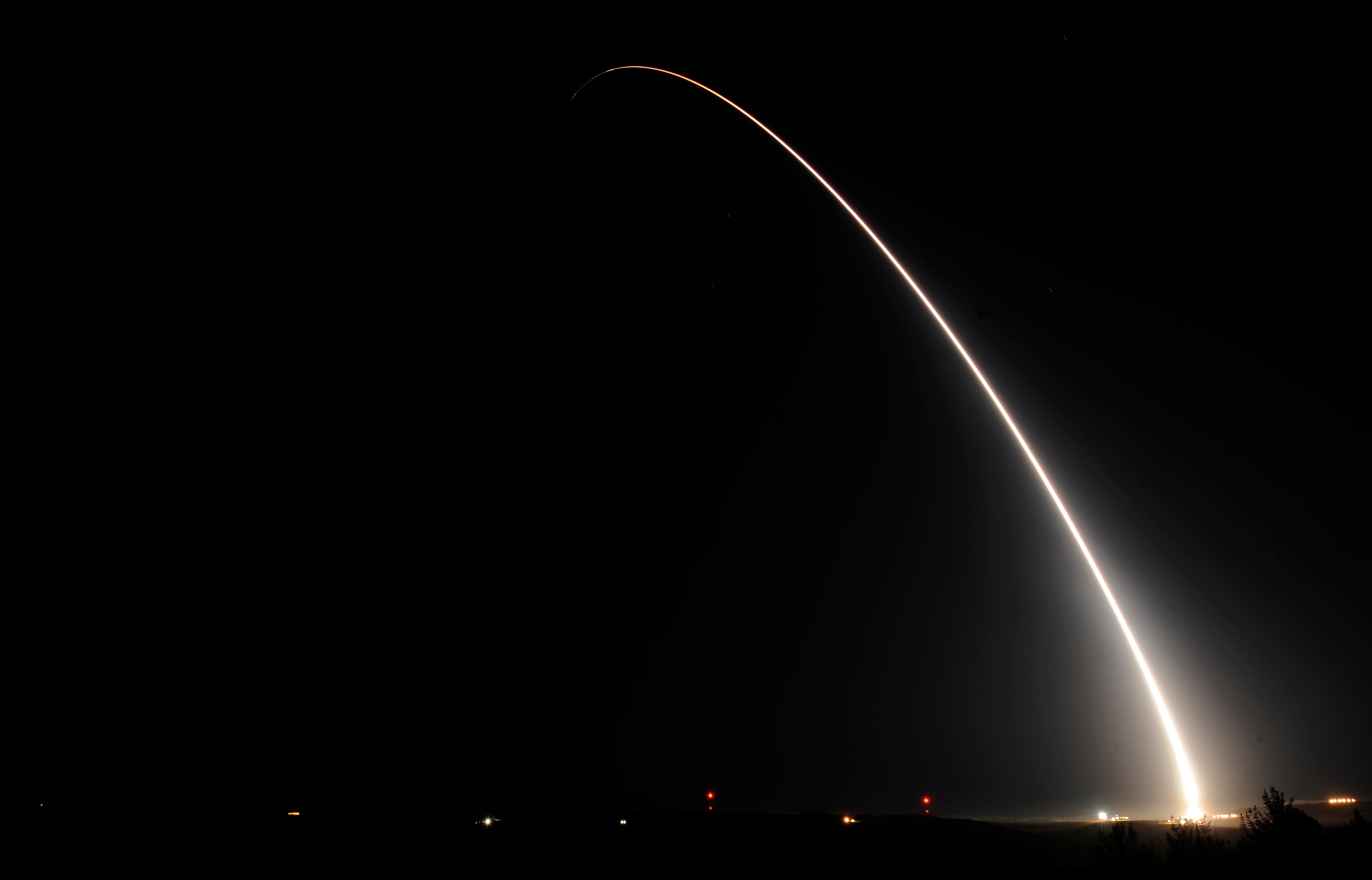
In an interview with Defense News earlier this year, Jamie Morin, then the head of CAPE, said that his office incorporated newer data, which pushed its estimates upward.
Valerie Insinna is Defense News' air warfare reporter. She previously worked the Navy/congressional beats for Defense Daily, which followed almost three years as a staff writer for National Defense Magazine. Prior to that, she worked as an editorial assistant for the Tokyo Shimbun’s Washington bureau.







